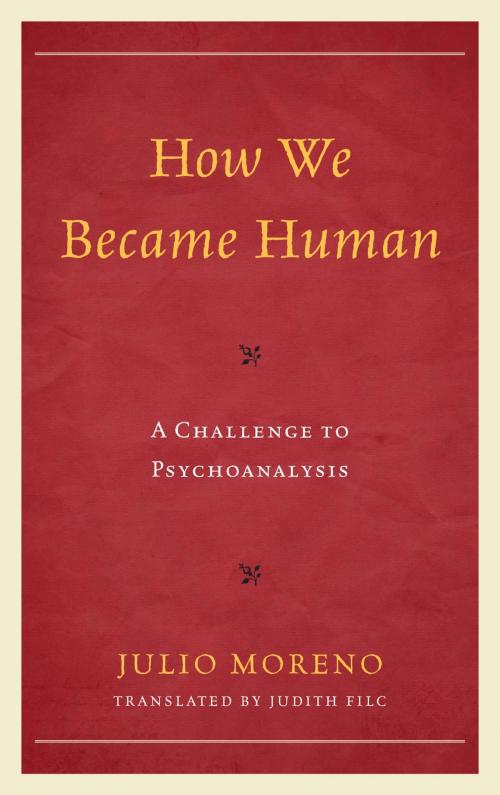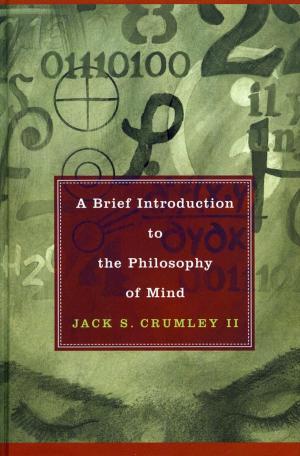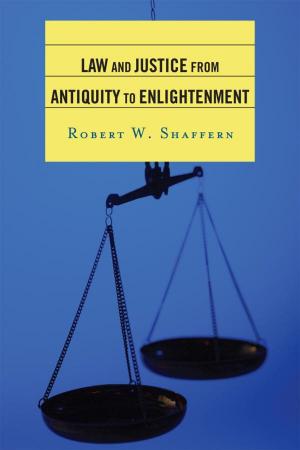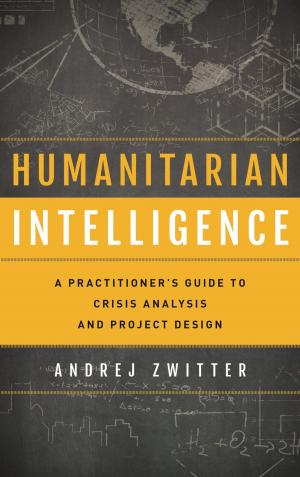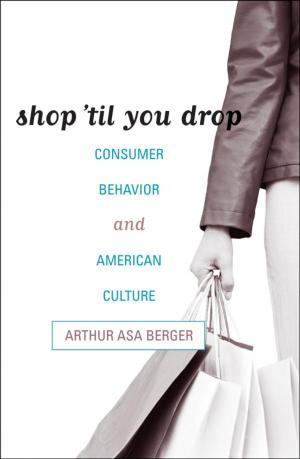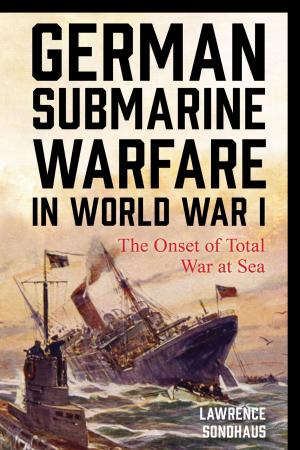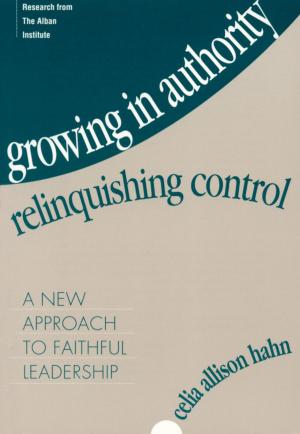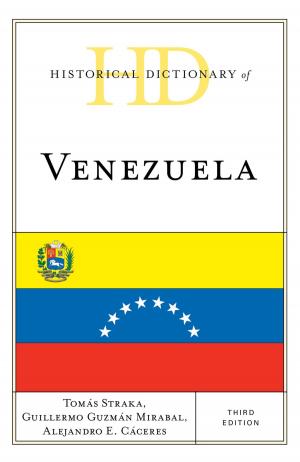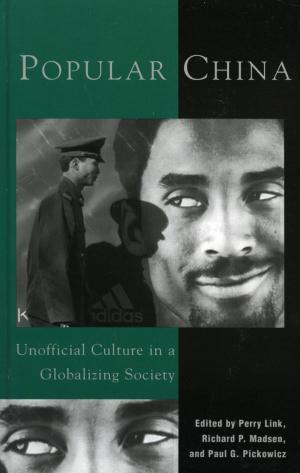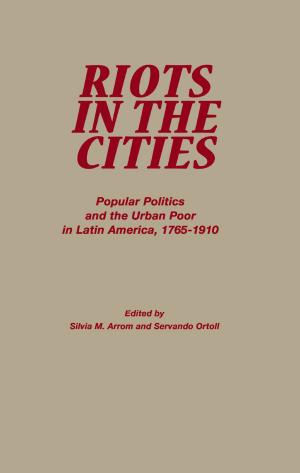How We Became Human
A Challenge to Psychoanalysis
Nonfiction, Health & Well Being, Psychology, History, Psychoanalysis, Psychotherapy| Author: | Julio Moreno | ISBN: | 9781442228863 |
| Publisher: | Rowman & Littlefield Publishers | Publication: | March 6, 2014 |
| Imprint: | Rowman & Littlefield Publishers | Language: | English |
| Author: | Julio Moreno |
| ISBN: | 9781442228863 |
| Publisher: | Rowman & Littlefield Publishers |
| Publication: | March 6, 2014 |
| Imprint: | Rowman & Littlefield Publishers |
| Language: | English |
How We Became Human: A Challenge to Psychoanalysis tackles the question of what distinguishes human beings from other animals. By interweaving psychoanalysis, biology, physics, anthropology, and philosophy, Julio Moreno advances a novel thesis: human beings are faulty animals in their understanding of the world around them. This quality renders humans capable of connecting with inconsistencies, those events or phenomena that their logic cannot understand. The ability to go beyond consistency is humans’ distinctive trait. It is the source of their creativity and of their ability to modify the environment they inhabit. On the basis of this connective-associative interplay, Moreno proposes a new approach to the links human beings create amongst themselves and with the world around them. This theory focuses on a key question: What is the difference between human beings and the other animals? From this perspective, Moreno seeks to reformulate many of the classic psychoanalytic, psychological, and anthropological postulates on childhood, links, and psychic change.
How We Became Human: A Challenge to Psychoanalysis tackles the question of what distinguishes human beings from other animals. By interweaving psychoanalysis, biology, physics, anthropology, and philosophy, Julio Moreno advances a novel thesis: human beings are faulty animals in their understanding of the world around them. This quality renders humans capable of connecting with inconsistencies, those events or phenomena that their logic cannot understand. The ability to go beyond consistency is humans’ distinctive trait. It is the source of their creativity and of their ability to modify the environment they inhabit. On the basis of this connective-associative interplay, Moreno proposes a new approach to the links human beings create amongst themselves and with the world around them. This theory focuses on a key question: What is the difference between human beings and the other animals? From this perspective, Moreno seeks to reformulate many of the classic psychoanalytic, psychological, and anthropological postulates on childhood, links, and psychic change.
